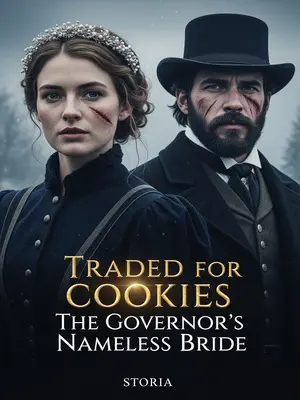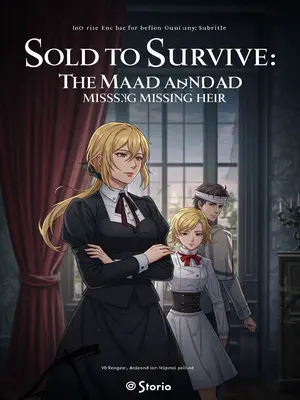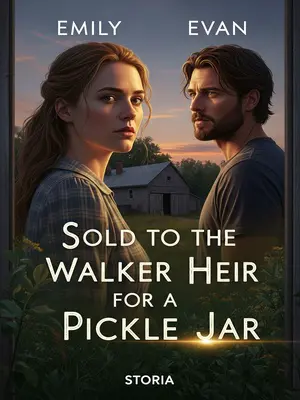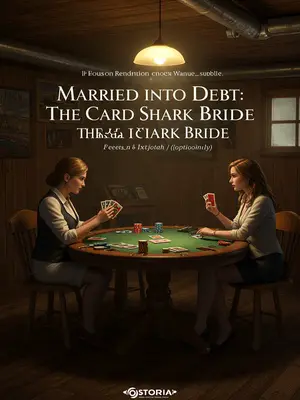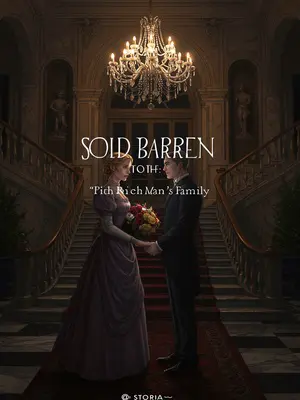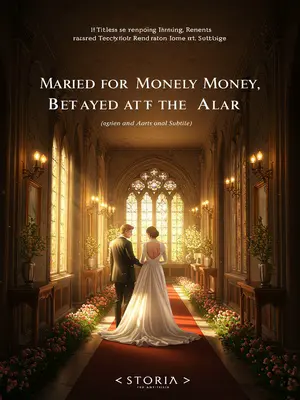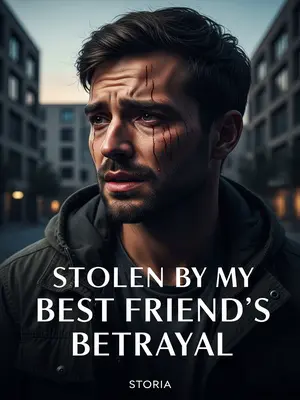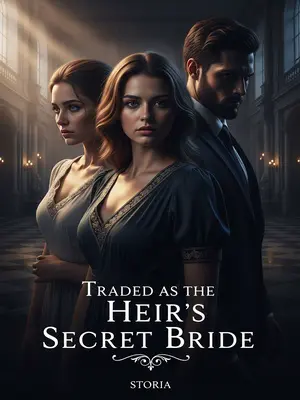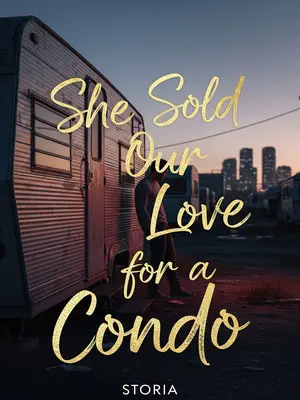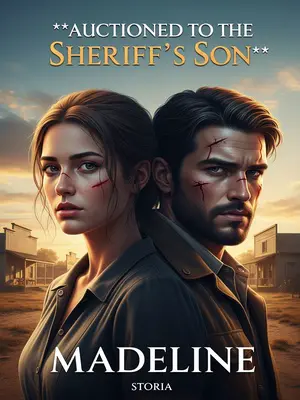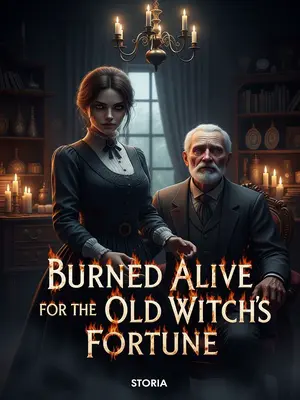Chapter 2: The Whitaker Estate
The truck rumbled for days.
The road was an endless ribbon of cracked asphalt bordered by burnt, empty fields. The radio played only static. Sometimes the trafficker stopped at gas stations, picking up more kids—pale faces, threadbare clothes. The sun rose and set, but the journey never seemed to end.
More and more girls were loaded onto the flatbed.
By the state line, the back of the truck was a patchwork of faces—freckles, tears, dirt. We huddled for warmth at night, watching stars, wondering if our parents were alive. Each new arrival was a silent reminder of how far we’d fallen.
Two months later, the truck was packed with cleaned-up girls, and we were sold to the household of Judge Whitaker in Silver Hollow.
Silver Hollow was the kind of place you’d see on a faded postcard, all white columns and wraparound porches, the American South frozen in time. The Whitaker estate was the big fish in a small pond—everyone knew their name and power.
I admit, before all this, I used to complain about working 9-to-9, six days a week, but I never imagined I’d sink so low as to become a beast of burden in the past, stripped of all rights.
I used to groan about unpaid internships and toxic bosses back home. Now, “exploitation” had a new meaning—raw, metallic, and permanent.
The housekeeper who came to buy us inspected us like livestock, checking our hands, feet, teeth, and picked eight of us to stay.
Mrs. Carter’s eyes darted from fingernails to teeth like she was picking out horses at auction. She checked my hands for calluses, made me open my mouth wide. I knew: pass her test or face something worse.
The girls sent back cried uncontrollably. The Whitaker estate was considered a good place; those sent elsewhere would fare even worse—maybe not even as beasts of burden, but as dinner.
One girl, Molly, sobbed so hard her shoulders shook. I gripped her hand until they pried us apart. Everyone knew: being rejected by the Whitakers meant being worked to death or vanishing forever.
That’s the cruelty of an old world, but there was no way out. No cheat codes; to live, you accepted the rules.
It was like a video game set to “nightmare”—no save points, just keep your head down and hope you’re standing at the end.
I was one of the eight who stayed.
When my name was called, my knees nearly buckled. Relief and guilt tangled inside me. The other girls—my friends for only a short time—were already gone. Survival felt heavier than ever.
During those days, I remembered every word the trafficker taught us: learn the rules, serve your bosses well—only then is there hope for survival.
So I swallowed my pride and told myself: play the game, live to fight another day.

